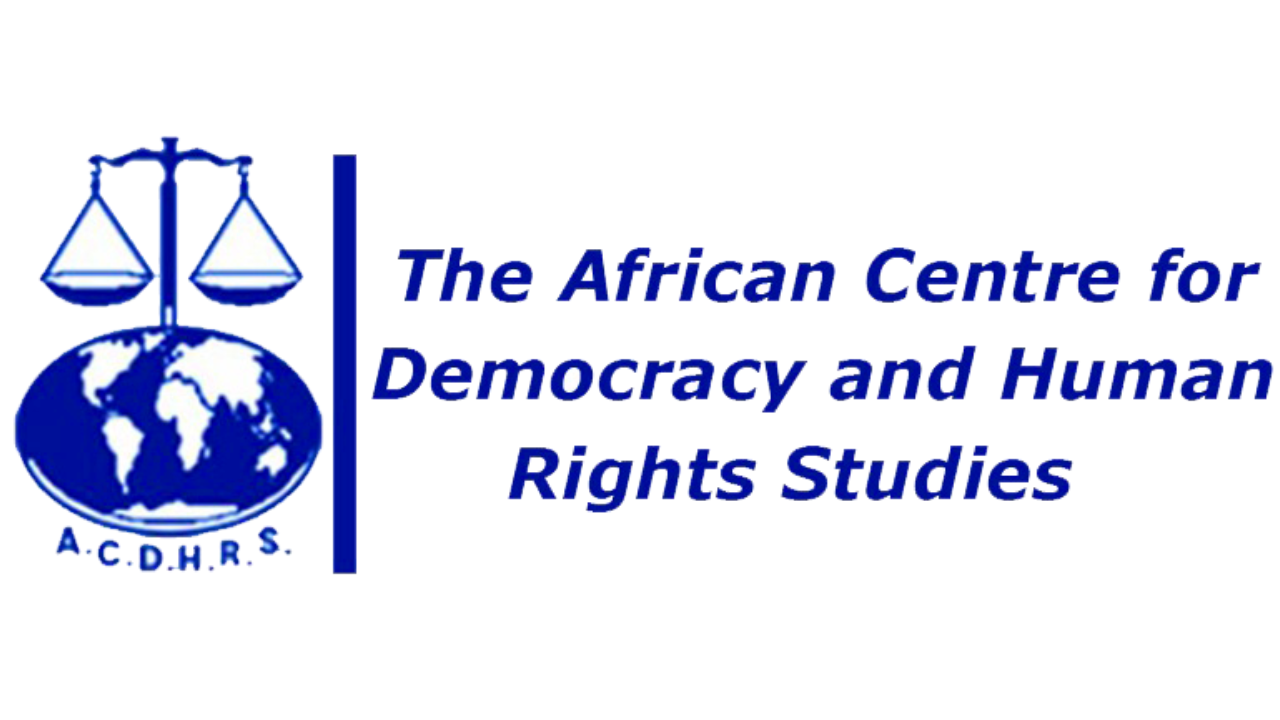The African Centre for Human Rights And Protection has dismissed Reuters’ claim that the Nigerian military ran a secret mass abortion programme in the northeast.
The Centre said the report lacked substance but an insult to Nigeria as a country and its people.
Executive Director, Dr Fabian Nyiakula, said the Centre came to this conclusion after carrying out an extensive analysis of the operations of the Armed Forces in the north-east.
Dr Nyiakula, speaking at a press conference in Abuja, accused Reuters of mischief, undermining the Nigerian military and the nation.
He said: “The Nigerian Army does not detain women and children victims of the Boko Haram onslaught. Instead, it is a known fact that upon rescuing women and children from Boko Haram camps, these women and children are availed of medical assistance in designated and recognized health facilities, not detention camps, as erroneously claimed by Reuters.
“The puerile attempt by Reuters to paint the Nigerian Army in a bad light must have stemmed from the recent gains recorded in the prosecution of the war against terrorism, which by all indications is not appreciated by the promoters of Reuters.
“The report also corroborates the position of several organizations and individuals on the role of France in fueling the Boko Haram conflict in the North East region. For Reuters to assume that the abortion programme has been in operation since 2013 indicates that Reuters has elected to be clever by half.
“The implication of the action Reuters is that this imagined abortion programme went unnoticed by the hundreds of Non-governmental organizations working in North East Nigeria, including reputable United Nations agencies and other humanitarian organizations that have assisted in significant measures in assisting victims of Boko Haram brutality on unarmed civilians.
“Reuters contradicted itself when it alluded that aspects of the Nigerian Army’s abortion programme remain murky. Because of the secrecy involved, it is impossible to know precisely how many abortions were done. Interviews and documents suggest the count could be significantly higher than the tally of at least 10,000 cases that Reuters was able to establish.





